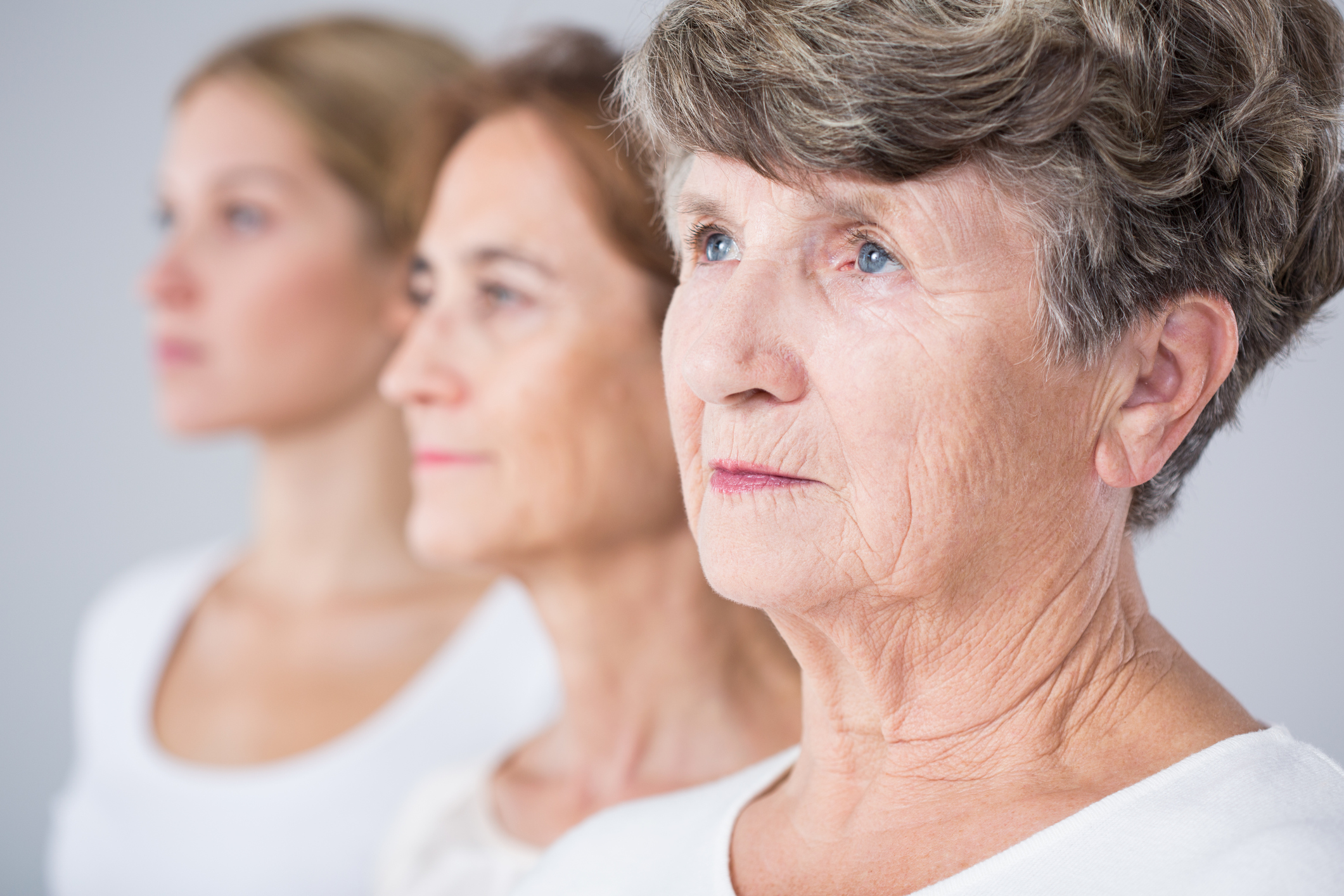Society is aging but older adults are increasingly remaining active, engaged and relevant as people live longer healthier lives. Older adults are no longer willing to take a back seat to the young and are making a stand in reaction to how society often views and talks about seniors. Treating older adults like children is a bad habit that many well-intentioned people make the mistake of adopting, but it’s humiliating and our elders are fighting against ageism and stereotypes cast upon senior citizens.
Recent research by Yale professor Becca Levy, has found that ageism and negative stereotypes about old age can have a impact on the well-being and even the life-span of aging adults. Before assuming an older adults needs help, can’t hear or see well or isn’t operating on all cylinders cognitively, it’s important to talk with them first.
Holding a positive attitude towards older age can improve the image seniors have about themselves and in turn, they are more likely to stay active and maintain their physical function. Believing you are still relevant, having much to contribute as well as learn, helps older adults participate more fully in their communities staying both socially connected and physical active.
Before being tempted to call an elderly woman “dear” or “sweetie” or “honey”, think about how you might feel if the roles were reversed. Talk to older adults with the same respect and dignity you would show a peer and offer assistance but don’t assume because someone uses a cane or a walker they require help. Your future self will appreciate the dignity and respect shown to people of every age. And for goodness sake don’t call a woman who is clearly over 70, “young lady,” it’s insulting.
Ageist Language to Stop Saying Right Now
Calling older adults:
- Feisty
- Adorable
- Spry
- Grandma or Grandpa – if they aren’t yours
“You look great, for your age.”
“You’re still working?”
“You have a smartphone?”
“He’s 80 years young.”






Add Your Voice
0 Comments
Join the Discussion